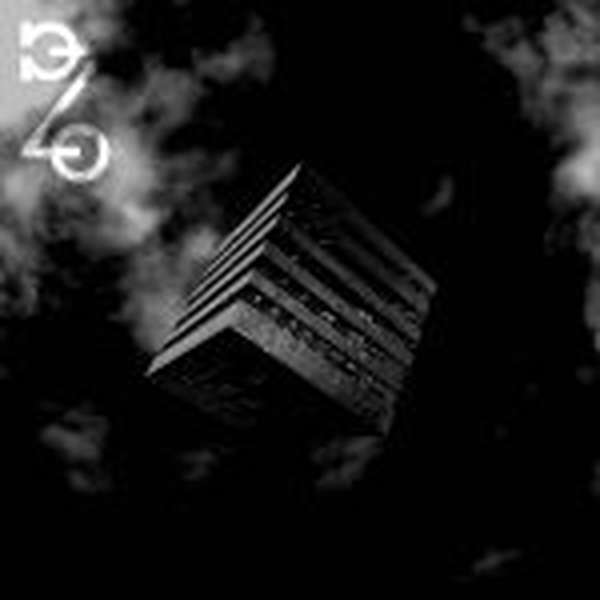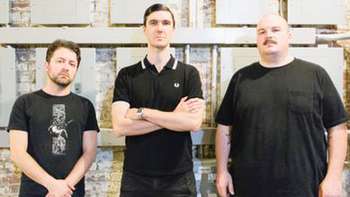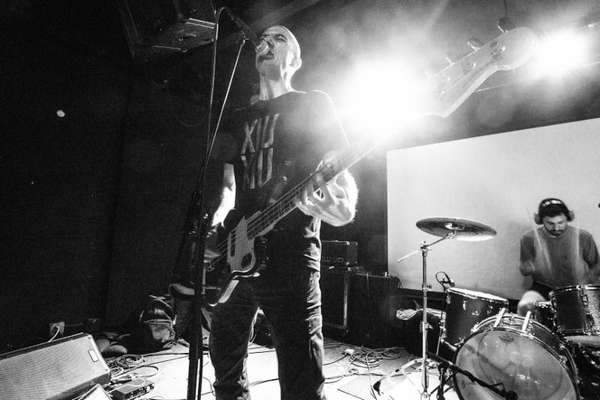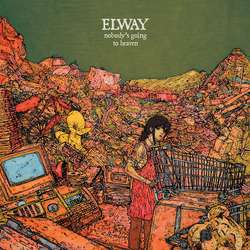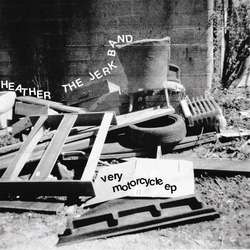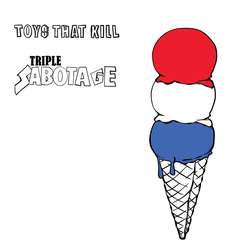The main man of Psalm Zero, Charlie Looker, has been/still is part of some great bands. The avant-garde mentality of Zs, with their merge of neo-classical, noise and free-jazz shows a great allure towards experimental music, while his presence in the mathcore trio Period, reveal a high-level of technicality. Well, Psalm Zero continues to unveil different aspects of Looker's musical identity. Initially formed with Andrew Hock, of supreme black metal act Castevet, the duo released an excellent record in The Drain back in 2014. Mechanical drum beats, big synths, razor-like guitar riffs and pummelling bass lines followed their concepts, depicting an extreme art-metal direction.
Two years have passed since The Drain, and today Psalm Zero return, with Hock just a contributor this time, and their sophomore full-length, Stranger To Violence. There is a quite significant shift in terms of sound, with Psalm Zero producing a fairly mellower version of their music, while retaining the diversity of their sound. The industrial-esque landscape is still there, the leanings to darkwave and early '90s melodic doom metal territories are dominating the lead work, while the new wave tone is more firmly established. As a result, the extreme metal aspect has subsided slightly, with the band including less harsh vocals and dissonant pieces, even though there are still a few explosions strategically placed in the album.
However, it is that pop sensitivity that actually pushes this album over the top. The structures of the tracks are more direct, and the choruses and crescendos bring more energy to the table. It is actually reminiscent of the approach that Woods of Ypres took in their last few albums, and especially Woods 5: Grey Skies & Electric Light, even though they did not possess the experimental mentality of Psalm Zero. Their adventurous style gives them the capability of providing a more intoxicating groove for their track, mesmerising sceneries, acoustic passages which wash over towering industrial beats. The easy-listening side of the '80s new wave scene, and the spiderweb-like melodies, are complimented with industrial weight and distorted shoegaze-like guitars.
It is also an impressive accomplishment on how Psalm Zero are able to layer and arrange the instrumentation of the album. From the first notes of the opening track, the manner in which the guitars and synths co-exist, without one overpowering the other is stunning. The foundation rooted on industrial provides a solid basis, the synths provide the atmospheric tone, appearing like gentle showers in “Real Rain” or ear-piercing dissonance in “White Psyche,” and the new wave tone, with the big vocal delivery, give the necessary energy, which also switches through extreme metal infusions or punk tones. Psalm Zero have managed to bring this straightforward element to their music, without diminishing the scope of their vision.
